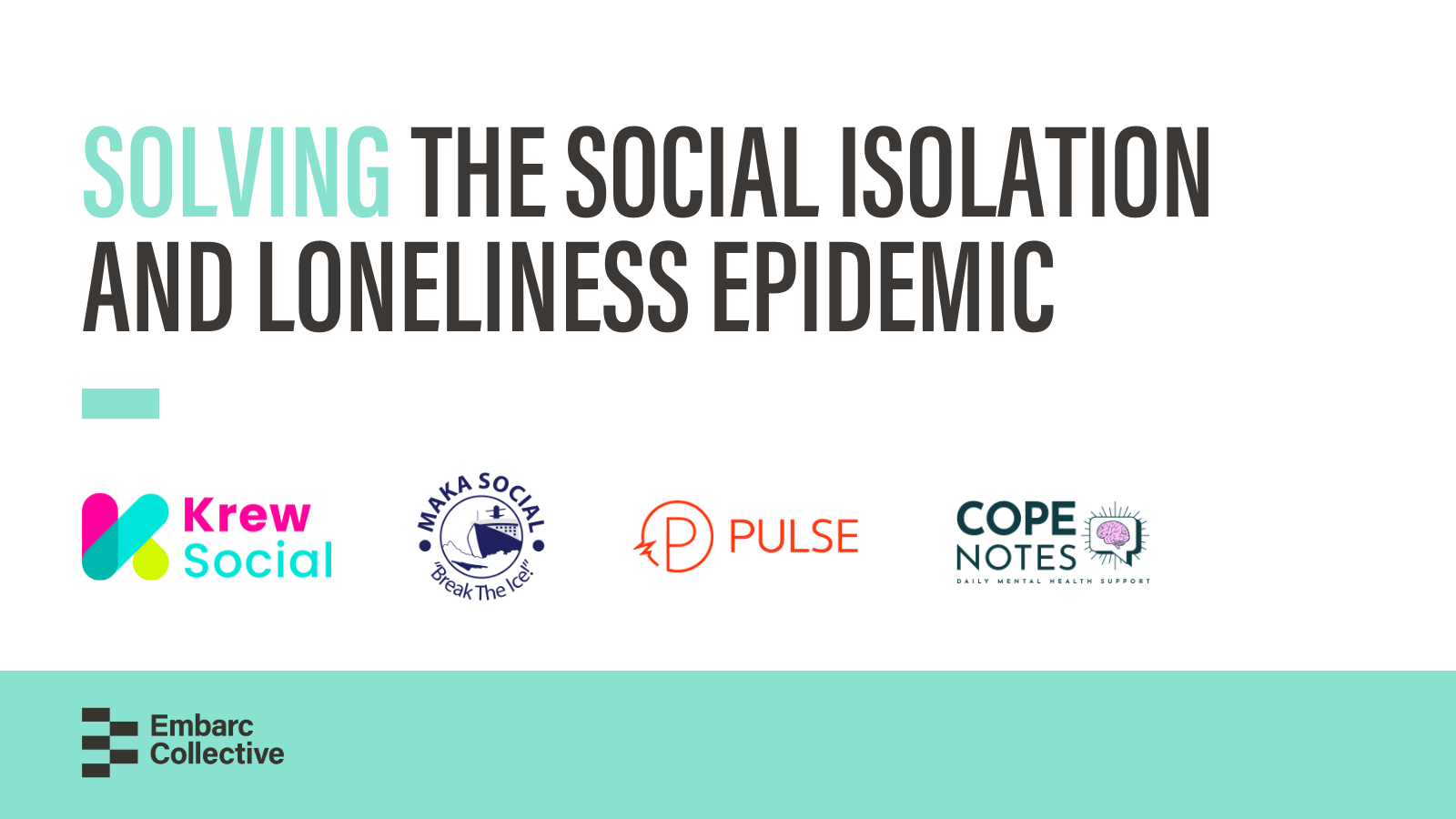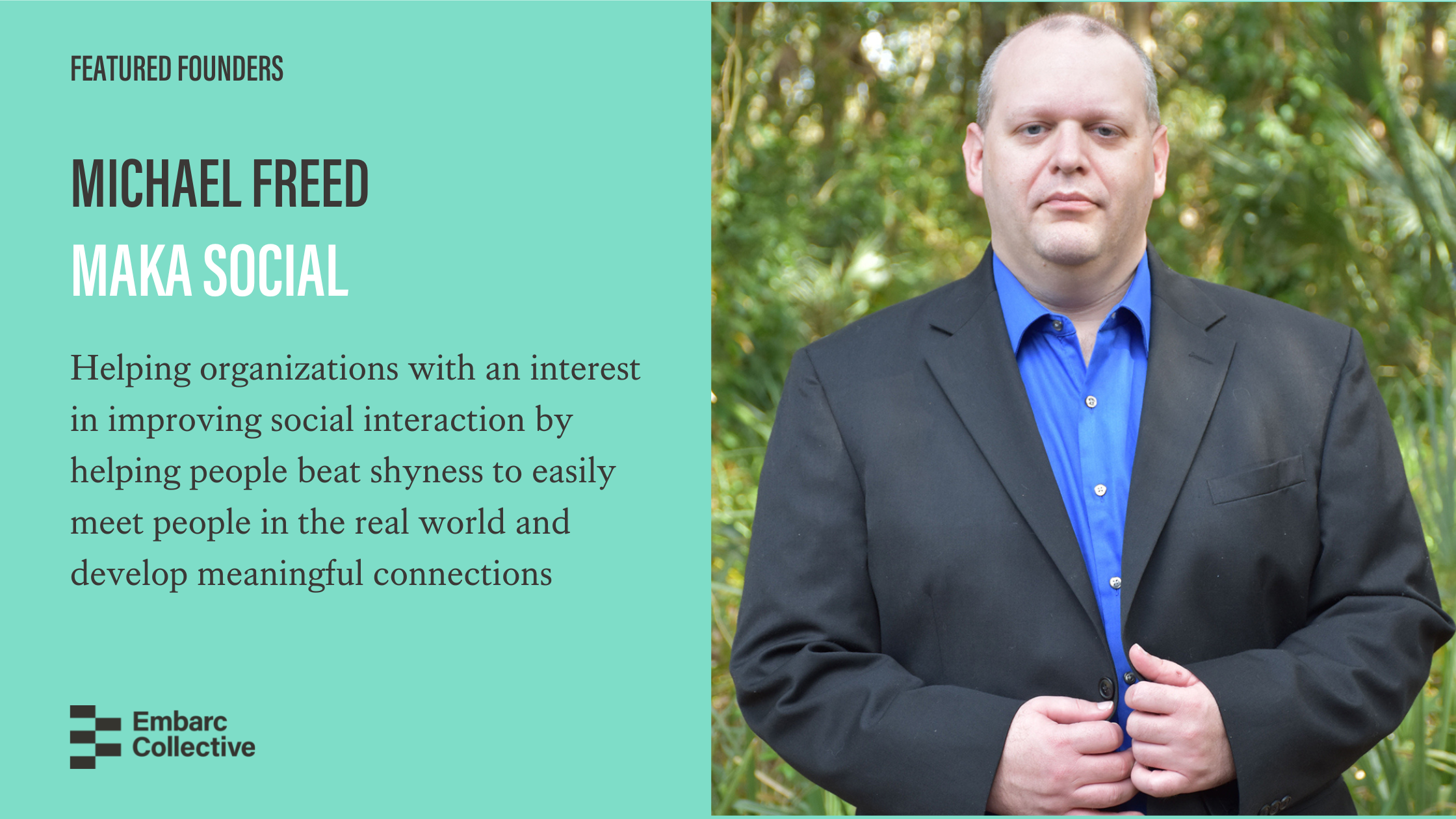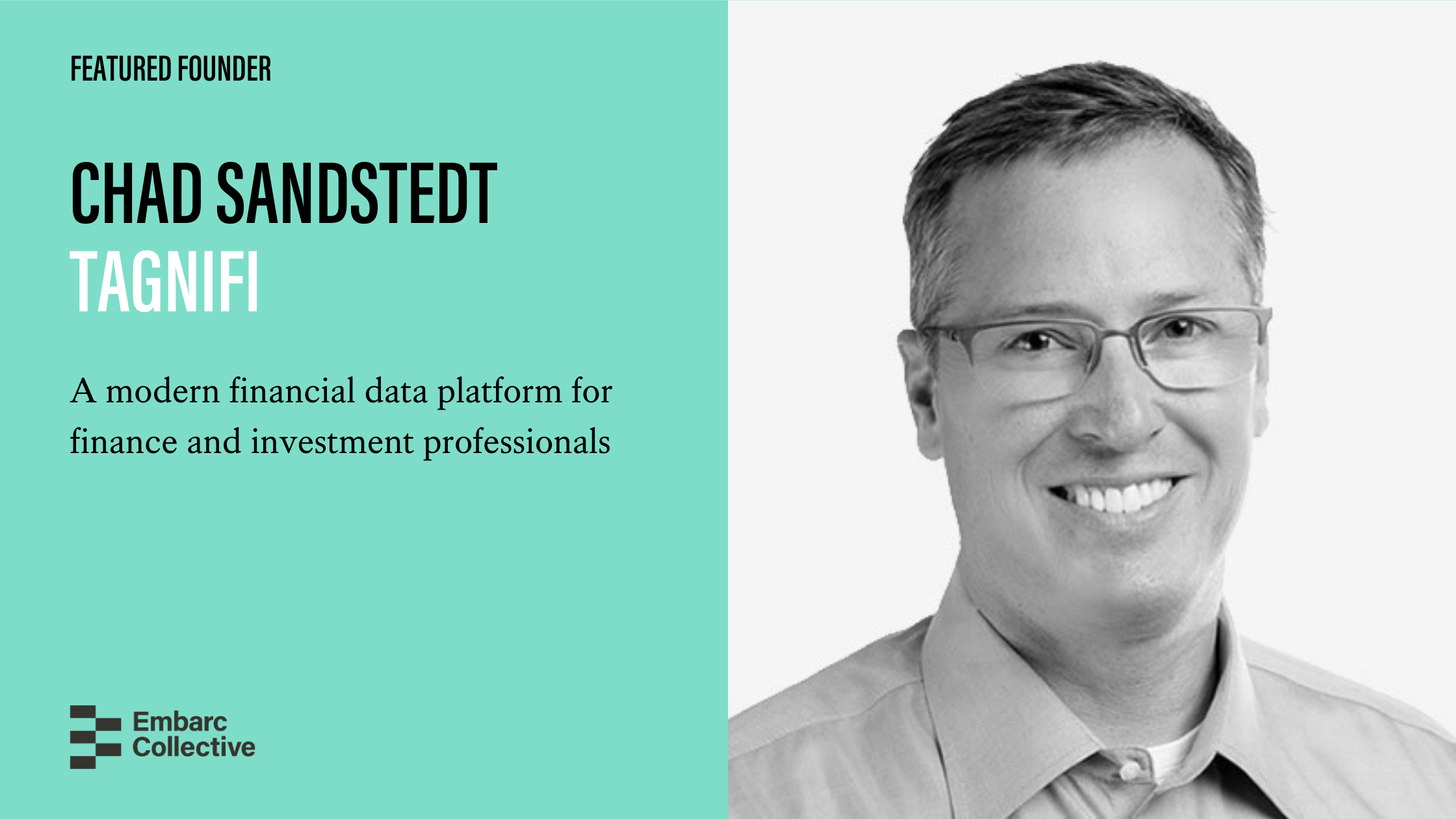What were you doing previously and what inspired you to launch your company?
My background is in private equity and investment banking which is where I identified the need for a better financial data platform that does not cost as much as college tuition. The problem with legacy financial data platforms is that they are very expensive, are prone to data quality issues from manual data entry, and can take considerable time to update when new information is released. We’ve built TagniFi using modern technology such as tagged financial statements (where our name comes from) to deliver data more efficiently, timely, and with better data quality. We cover every public company with a standardized balance sheet, income statement, and cash flow statement as well as the footnotes from 10-K and 10-Q filings with the SEC. We see tagged (structured) data as the future so we’re building our company around that movement.
What pain point is your company solving? What gets you excited to go to work every day?
At the end of the day, we’re in the time business. If our clients had to go through every 10-K or 10-Q to collect the data they need for their analysis, it would take them hours, days, or even weeks to collect what they need. We have 11 datasets that are all accessible from our website (TagniFi Console), our Excel plugin, or our API which our clients use to access the data they need within seconds. For example, we have valuation clients that use our public company and M&A data to value private companies for their clients. Another example would be our low-latency API feeds to we deliver to hedge funds within minutes of the SEC filing release. Like most founders, my DNA is geared toward building stuff, and we’re always building new datasets or features for the TagniFi platform which I really enjoy. It’s also exciting for me to see our team members grow in their roles and take on new responsibilities. As founders, we get to pick the people we work with and we’ve been blessed with some great people that share the mission we have for TagniFi.
Name the biggest challenge you faced in the process of launching the company. How did you overcome it?
As a bootstrapped company, I’ve always had a list of 10 things I want to build but we only have the resources to build a few of these a year. That has been a challenge but it is a sacrifice we’ve made to maintain 100% ownership of the company since we see this as a 20-year opportunity. Maintaining 100% ownership is very important to us and, while raising money is not an easy process itself, I think the sacrifice will be worth it as our growth compounds over that 20- or 30-year period. We’ve been remote since day 1 which can also be a challenge. Our co-founder and CTO is located in the Portland area so being on opposite sides of the country makes it difficult to brainstorm in front of a whiteboard. Prior to COVID, we made a point to meet up every 6 months and I’m looking forward to getting back into that habit when things return to normal post-COVID.
Where do you see your company headed next?
We’re going to keep re-investing our cash flow into growing TagniFi as long as the opportunities are out there to deliver our data to underserved markets. For example, we’re about to release a new database of private equity investors which will really level the playing field in the lower middle-market for M&A advisors and smaller private equity firms. We’ve been building this database for over a year so it’s a big investment for us but one where we see a lot of upside. We’ve been focused on the US market since we started the company, primarily because our technology utilizes tagged financial statements which have been available since 2009 in the US but other countries have lagged in requiring this tagging. Starting next year, Europe will begin requiring this tagging so we are planning to expand into Europe in 2021.
Give us a tactical piece of advice that you’d share with another founder just starting out.
I recently read a great book called From Impossible To Inevitable by Aaron Ross and Jason Lemkin which really resonated with me on many levels. One of the things they really hammer in with this book is ‘Nailing a Niche’ which is something that I agree with 100%. I think a lot of founders try to be everything to everyone which is not going to end well 99% of the time. We live in a world of specialization so you really need to strive to be the best in the world at something in order to be successful. That ‘something’ may be a niche product for left-handed librarians, but at least you will own that market. Once you own that niche you can leverage that into entering other tangential markets that make sense for you. Finally, I believe startups are an endurance sport that usually take 5, 10, or even 20 years to successfully execute so steady progress will get you much further than a quick sprint.



